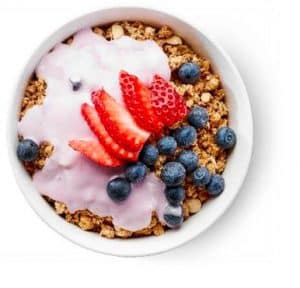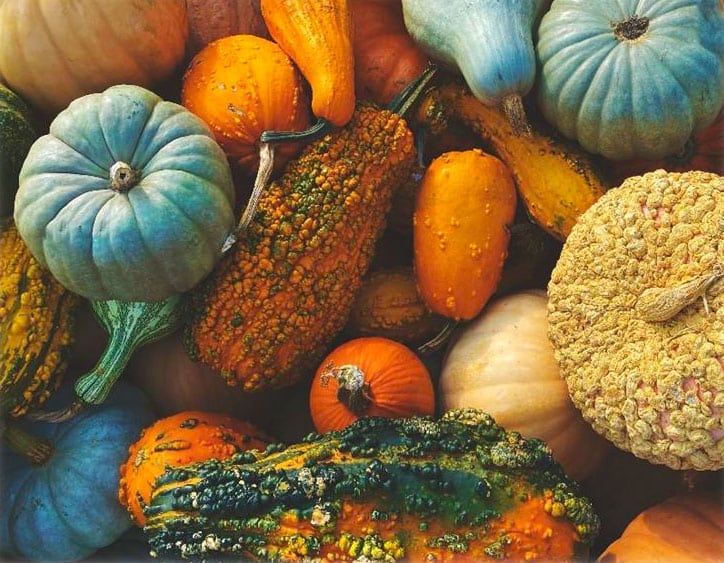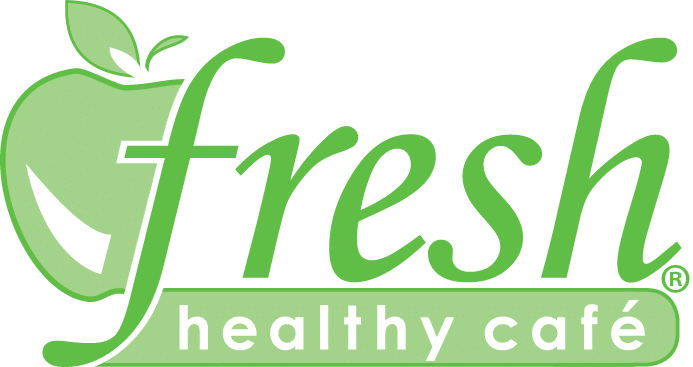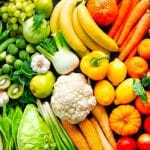
Yesterday we talked about the best way to have healthy aging – through a whole food, plant-based diet. Some may call that a vegan diet and it is true to a certain extent. The term “vegan” defines what a person does not eat – nothing from an animal. But it does not mean the person is eating anything “whole food” – in fact, a vegan can have a terribly unhealthy diet. A whole food, plant-based diet describes everything we DO eat – foods that aid in the prevention and reversal of leading chronic diseases as well as eliminating harmful cancer-causing carcinogens and aging toxins from entering our bloodstreams. It is all about eating the great things God gave us without adding anything or taking anything away, so we can live longer and live stronger on this terrific Tuesday!
The highest life expectancy of any population in the world may be the Adventist vegetarians in Loma Linda, California. This is one of the five “blue zones” in the world, where people live longer and best. In fact, they live 6 to 10 years longer than most Californians. These vegetarians who exercise, eat nuts, have lower weight, and never smoked are living 9 to 11 years longer – that is ten good years up for grabs! We say “good years” because this population also takes fewer medications, logs fewer nights in the hospital, fewer surgeries, and x-rays, and have reduced prevalence of many chronic diseases. Live longer and live stronger by following checking out the Blue Zones lifestyles on this terrific Tuesday!

There are nearly a million salmonella and other infections reported in children ten and younger each year in the United States. Some of these infections are severe, causing meningitis and death, and requiring treatment with antibiotics. The problem is that there is increasing antibiotic resistance among these bugs, which threatens our ability to treat them. The same lifesaving antibiotics for humans are being used in animals, which increases the likelihood that the bacteria will become resistant. Massive antibiotic use in animal farming is considered as the greatest contributor to the presence of antibiotic-resistant bacteria in foods like meats, eggs, and dairy. Studies showed that those who eat meat, as well as vegetarians, showed a significantly higher antibiotic-resistant gene load in their guts as compared with vegans, who eat no animal products. This is just one more reason to crowd out the meat and dairy by plantifying your plates!
It’s Fix it Friday and MORE from the Engine 2 Cookbook! The Engine 2 Firefighters have an amazing story and they keep having them – so check them out online! Today it is Smoky Walnut and Quinoa Salad:
– Prepare 2 cups of quinoa from the package directions.
- Mix 1 T pure maple syrup, 1/2 tsp smoked paprika, 1/4 tsp cinnamon, and 1/4 chipotle powder in a bowl then toss in 1 cup of chopped walnuts and toast it in the oven at 350 degrees until crisp.
- Combine 4 cups of fresh arugula and spinach mix (or 2 cups each), 3 chopped green onions, 1 cup of halved cherry tomatoes, 1/3 cup of dried cranberries, and 2 Tablespoons of capers in a large bowl and top with the walnut mixture.
- Use one of their fabulous dressings like ginger or walnut and it is a whole grain, complete protein, plantified party in your mouth!
Oldies but goodies:

Yesterday we talked about the delicious, healthy pumpkin that is great year-round, and that pumpkin is a squash. Squash is a Blue Zones Longevity Superfood – quite common to those areas where people live longest and healthiest. The next time you are at the grocery store, look at the many squash varieties that are now available and go for the dark colored ones. Squash is delicious, hearty, versatile and can be roasted, added to soups, or cooked and diced and added to your greens every day. In Costa Rica, one of the five Blue Zones, they have “three sisters” – the staples of foods that are eaten and celebrated together, which are squash, beans, and corn. So many cultures have beans and corn, but I had never heard of squash having such a high priority. Try it and have a terrific Tuesday everyone!
Many times, we have talked about the daily “do’s” of eating fruits, vegetables, nuts, seeds, whole grains, and BEANS – yes beans EVERY DAY and with fall in the air, why not pair those beans up with squash or pumpkin for some amazing soups? There are many recipes available that take less than 10 minutes to make. Try roasting squash in your air fryer or oven, and do not forget the seeds – roast them as well for some wonderful protein. And FYI, we have mentioned that pumpkin is a squash – pumpkin seeds have the highest protein per weight of any plant-based protein. Have a wonderful Wednesday everyone and power
up your plates with squash!
Only a third of American adults regularly eat breakfast – yes, mornings can be hectic, but research has proven the importance of breakfast. Breakfast literally jump-starts our metabolism, so we burn more calories throughout the day. By skipping breakfast, even though they consume less calories throughout the day, those individuals have higher body mass index – a group that consumed breakfast lost two and a half times more weight than those who ate those calories at dinner. Not only will you have a lower BMI, but you will consume less fat through the day, have higher fiber and calcium intake, AND better memory and attention, which is so important not only for children but adults as well. Studies show that if you start with a healthy, satisfying meal in the morning, you are less apt to snack on low-nutrition things during the day due to hunger. So live stronger, and longer by starting EVERY day with a healthy breakfast!

processed foods – things in wrappers like muffins. Make your own healthy ones instead – and of COURSE oatmeal, and Blue Zone types of foods such as beans and breakfast polenta will really stick with you! Check out “Blue Zones Breakfast” in your search engine for their top breakfast ideas. Have a fantastic Friday everyone!
Resource: Blue Zones, Eating and Living Like the World’s Healthiest People, by Dan Buettner








